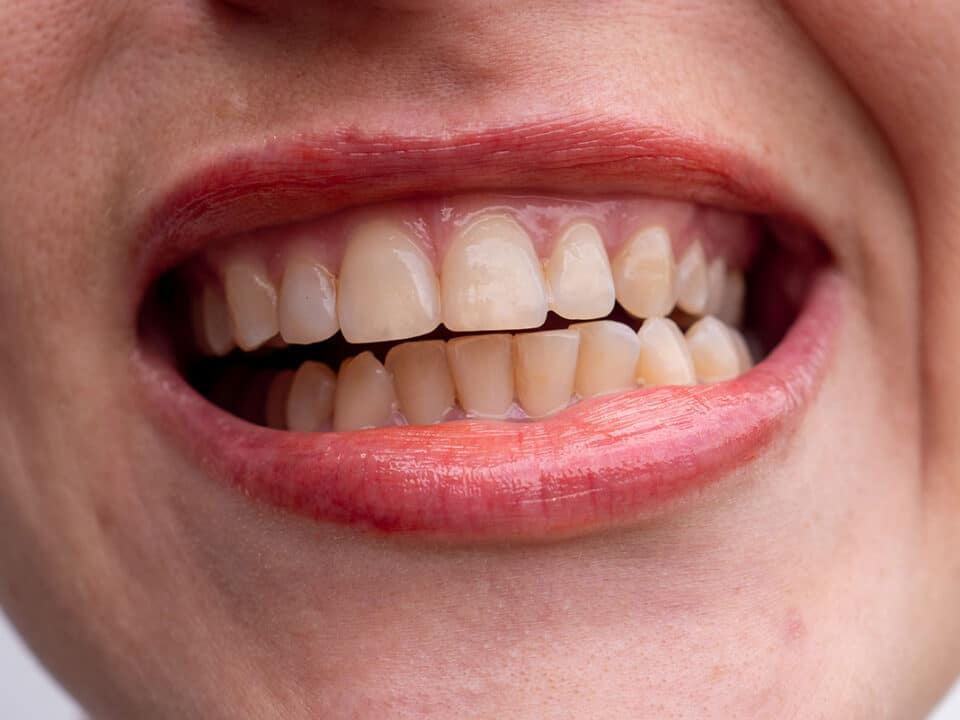The Canadian Dental Care Plan (CDCP) is a crucial initiative designed to provide accessible dental care to Canadians who may not have sufficient coverage through private insurance. This article will delve into the specifics of eligibility criteria for Ontario residents, outlining who can benefit from this program and the steps needed to apply.
Table of Contents
Overview of the Canadian Dental Care Plan
The CDCP aims to ensure that all Canadians have access to essential dental care services and reduce the financial burden associated with dental treatments. The plan covers a range of preventive and restorative dental services, making oral health care more affordable for eligible individuals and families.
What are the eligibility criteria for CDCP coverage?
To qualify for the CDCP, applicants must meet specific eligibility criteria:
1. Income threshold
The income threshold is one of the primary criteria determining eligibility for the CDCP. This criterion ensures that the plan targets those who need financial assistance the most.
Full coverage: Families with an adjusted family net income below $70,000 are eligible for full coverage under the CDCP. This means that all eligible dental services are provided without any out-of-pocket expenses.
Partial coverage: Families with an adjusted family net income between $70,000 and $79,999 are required to make a 40% co-payment. This implies that while the CDCP covers a significant portion of the dental care costs, the family will need to cover 40% of the expenses.
Limited coverage: Families with an adjusted family net income between $80,000 and $89,999 are required to make a 60% co-payment. In this case, the family is responsible for 60% of the dental care costs, with the CDCP covering the remaining 40%.
2. Lack of private insurance
To qualify for the CDCP, applicants must not have access to private dental insurance. This criterion ensures that the program assists those who do not have coverage through their employer or other private plans. Applicants must provide documentation or attestations confirming the absence of private dental insurance during the application process.
3. Age and residency
The plan is inclusive, covering individuals across various age groups, but with specific criteria for different categories:
• Seniors (65 and above): Seniors can apply for the CDCP starting December 2023. This inclusion acknowledges the higher dental care needs of the elderly, ensuring they have access to necessary dental treatments.
Children (under 18): Children can start applying from June 2024. This ensures that young individuals receive preventive and necessary dental care during their formative years.
Adults with disabilities: Adults with a valid Disability Tax Credit certificate can apply from June 2024. This criterion ensures that individuals with disabilities, who may have higher healthcare needs, are adequately covered.
General population: All other eligible Canadians will have the opportunity to apply online by the end of May 2025. This broad category ensures that the plan is inclusive of all eligible individuals who meet the income and insurance criteria.
New eligibility age rollout
Adults (18 – 34 years old): Eligible to apply beginning May 15, 2025
Adults (35 – 54 years old): Eligible to apply May 29, 2025
Adults (55 – 64 years old): Eligible to apply May 1, 2025
4. Residency requirement
To qualify for the provincial implementation of the CDCP, applicants must be residents of Ontario. Proof of residency, such as a government-issued ID or utility bill, may be required during the application process to verify that the applicant resides within the province.
Required documentation and verification for the CDCP
Applicants need to provide various documents to verify their eligibility, including:
Proof of income: Tax returns, pay stubs, or government assistance documentation to verify the family’s net income.
Proof of residency: Utility bills, lease agreements, or government-issued identification confirming Ontario residency.
Proof of insurance status: Documentation or attestation indicating that the applicant does not have access to private dental insurance.
CDCP application process
The application process for the CDCP is straightforward but varies slightly based on the applicant’s age and status:
1. Online application: Most applications will be processed online through a dedicated portal. Applicants must provide proof of income, residency, and other relevant documents to verify their eligibility.
2. Welcome package: Upon approval, eligible individuals will receive a welcome package from the program’s administrator, Sun Life. This package includes a member card, details about co-payment, and the coverage start date.
3. Coverage start date: The coverage start date will depend on the application submission date and enrollment in the CDCP, and it will vary for each individual.
For more information, please visit our dedicated page about the CDCP application process or contact our office. Our staff can guide you through the process and help ensure you successfully receive coverage.
CDCP covered services
The CDCP covers a comprehensive range of dental services, including but not limited to:
• Preventive care: Routine examinations, cleanings, fluoride treatments, and sealants.
• Restorative care: Fillings, root canals, and crowns.
• Prosthodontic services: Complete and partial dentures.
• Oral surgery: Extractions and other necessary surgical procedures.
• Emergency services: Treatment for dental emergencies.
For a detailed breakdown of covered services, please visit our page about what services are covered under the CDCP.
CDCP requires preauthorization for certain services
Some dental services under the CDCP require preauthorization, particularly more complex procedures like orthodontic treatments and certain oral surgeries. Preauthorization involves obtaining prior approval based on the dentist’s recommendation and the patient’s specific needs.
Conclusion
The Canadian Dental Care Plan is a significant step toward ensuring equitable access to dental care for all Canadians. By understanding the eligibility criteria and application process, Ontario residents can take full advantage of this program to maintain and improve their oral health.
Applicants are encouraged to visit the official government websites and consult with our office for more detailed information and updates.
This comprehensive guide should help Canadian residents navigate the eligibility and application process for the Canadian Dental Care Plan, ensuring they can access the dental care they need.
Additional resources
Martindale Dental CDCP Information Page
8 Tips To Maximize Your CDCP Coverage
What services are covered under CDCP?
How much does CDCP dental care cost?
Does CDCP work with other forms of dental coverage?
What to Do If Your CDCP Coverage Doesn’t Include Your Treatment
Handling a Dental Emergency Using CDCP Coverage
CDCP Commonly Asked Questions Answered
How The CDCP Reduces Dental Health Disparities
Handling a Dental Emergency Using CDCP Coverage
Do Dental Clinics Benefit From Offering CDCP Coverage?
Best Practices for Dentists When Communicating the CDCP to Patients
Check us out on Facebook and Twitter for daily information about Oral Health from Martindale Dental, or visit our offices in Hamilton and St. Catharines.
Have more questions?
Please contact us for all inquiries or to book an appointment with one of our convenient clinic locations. We look forward to hearing from you.




